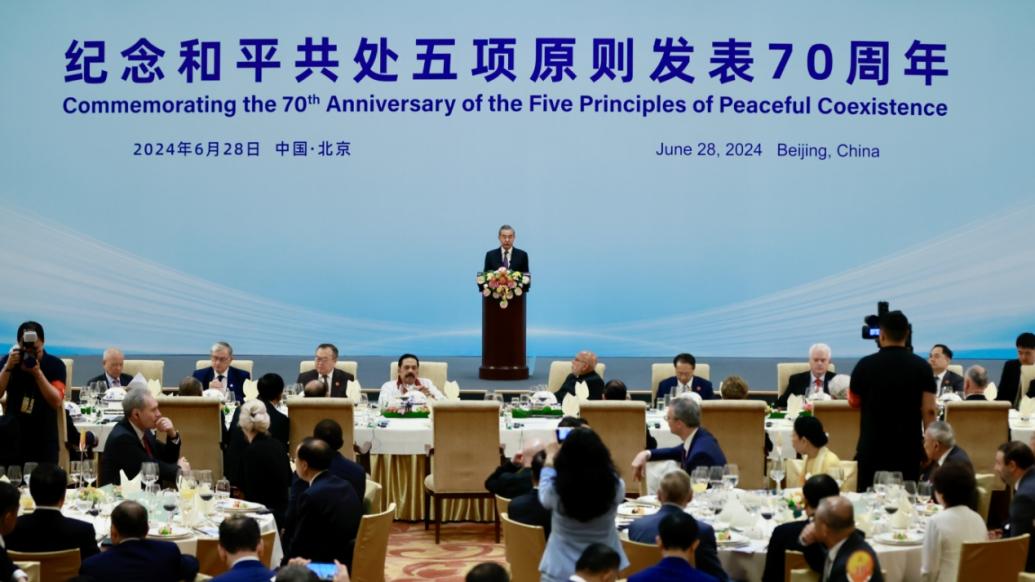
By Henry Hing Lee Chan
Who is the Ghost behind Ghost Screenings?
The Financial Times carried a story on "China's Booming Box Office" on March 10 and mentioned the ghost screenings at its closing. So what is the real story behind these ghost screenings?
Ghost screening refers to the inflation of screen viewership through the collusion of screens owners, movie producers, and financial investors. It is designed to manipulate screen income and create a Ponzi scheme to entice and cheat the financial market investors.
Box office receipts in China grew by 48 percent last year, to RMB 43.9 billion (or USD 6.7 billion). The figure is even higher for domestically produced movies, it surged by 69 percent from RMB 16.2 billion in 2014 to RMB 27.4 billion in 2015. Many believe that this is part of the manufacturing-to-service industry transformation of China in recent years. While this is certainly true, such spectacular growth still provokes the curious mind to take a second look.
In recent days, some reports in the Chinese press are quite disturbing. Based on these reports, at least one recently-produced movie grossly inflated its box office numbers, using funds raised from Wealth Management Products (WMP) (China Business Journal, Mar 7).
This is how it works:
1.A listed company's major stockholder holds the company’s stock at a low price.
2.The shareholder arranges for the listed company to invest in a movie.
3.The shareholder raises funds, via various shadow-banking channels associated with himself, to cover the cost of the box office overstatement. The WMP is usually run by brokers, funds’ subsidiaries, P2P, crowd financing, or offline WMPs. The duration could range from 6-24 months.
4.The fund colludes with a major movie chain to boost the reported viewership. For example, the movie chain books the ticket price at RMB 200 each, while the actual retail price is only RMB 30; or it may report full occupancy for midnight movie sessions. The cost of the overstatement to the movie producer is the 8 percent or so tax plus the illicit profit promised to the screen owners.
5.The inflated box office number is widely reported, and the listed company's stock price surges. The major stockholders either sell the stock or pledge the stock to the bank or go to private equity market to raise more fund to pay back the WMP.
The WMP structure is often leveraged. Senior tranche investors would receive a fixed return of around 8 percent p.a. (the relatively high return could appeal to some bank-run WMPs), while the junior tranche investors would bear more risk. The shareholder and the fundraising agencies might share the downside in case of losses.
Of course, there are also legitimate players in the WMP space for the movie industry. In September 2014, a WMP of a leading Internet player helped a movie to raise RMB 18 million within two minutes, promising a minimal return of 8 percent p.a. over six months. The target was for the box office to reach over RMB 200 million. However, the movie reported a box office of less than RMB 50 million. Chinese market observers believed the leading Internet player covered the repayment (Economic Daily, 22 Sept 2014; Investment & Financing Planning, 2 Nov 2014).
In the September 2014 case, the WMP distributor was financially strong and willing to foot the losses to prevent reputational damage. But investors may not be as lucky in the future when weak players are involved.
It is reported that the government is investigating the ghost screenings. It is almost certain that collusion to cheat the public will somehow be curtailed. But the more important issue of the lax regulation of the financial sector looms large. If regulators cannot set rules to thrash out the Ponzi style operations, should it allow anyone to raise funds under the pretext of movie investment?
























Leave a Reply
Your email address will not be published. Required fields are marked *